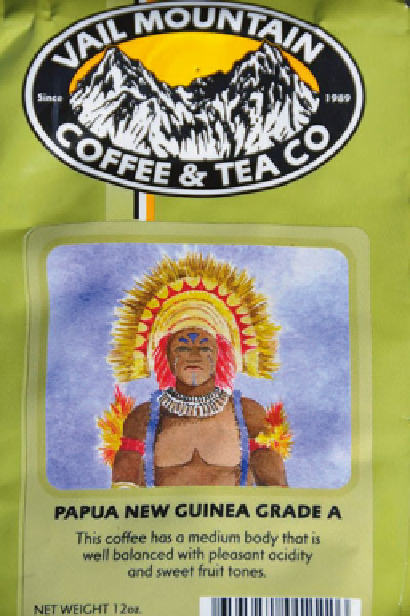Geoscience Reference
In-Depth Information
In many cases, poorer countries articulate with these global assemblages through
the export of natural resources. Countries dependent the upon export of primary
commodities (such as agricultural goods and minerals) tend to experience persistent
levels of social inequalities and poverty (UNCTD
2004
) and are extremely vulner-
able to price fl uctuations, market consolidations, environmental hazards (fl oods,
pests, etc.), as well as changing demands for these commodities. Yet the ways in
which global commodity markets transform people and places vary considerably, as
Box
10.2
demonstrates.
Box 10.2. Coffee in Papua New Guinea
Fig. 10.2
Exotic images, such as this one, are often used to sell coffee from Papua New
Guinea (Photo by L. Ogden)
After petroleum, coffee is the second most frequently traded commodity on
world markets. Coffee cultivation has profoundly shaped global economies,
transformed tropical mountain ecosystems, and has redefi ned how both con-
sumers and producers live in the world. For instance, in Papua New Guinea
(PNG) coffee production has been part of social and ecological life since the

Search WWH ::

Custom Search